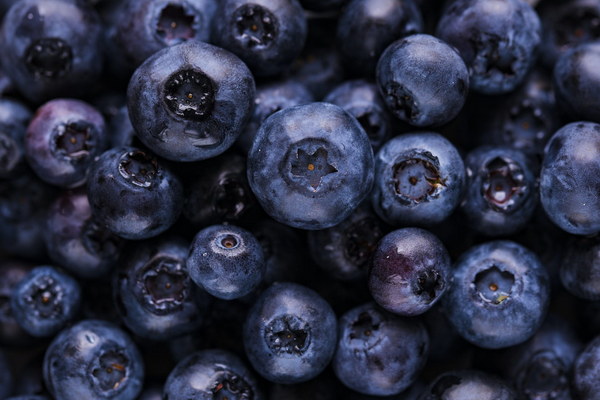The Spectrum of Health An Exploration of the Seven Categories of Tonics and Health Supplements
In the realm of traditional medicine and holistic health, tonics and health supplements have long been revered for their ability to bolster the body's natural defenses and enhance overall well-being. These natural remedies can be broadly categorized into seven distinct types, each targeting specific aspects of health and vitality. Let's delve into an exploration of these seven categories:
1. Yin Tonics
Yin tonics are designed to nourish and replenish the body's yin energy, which is associated with cooling, moistening, and calming properties. They are particularly beneficial for those who experience symptoms of yin deficiency, such as heat, dryness, restlessness, and night sweats. Common examples include herbal formulas like Rehmannia 8 (Baizhu Tonics) and Oolong tea.
2. Yang Tonics
Contrasting with yin tonics, yang tonics are used to invigorate and warm the body, addressing yang deficiency symptoms such as cold extremities, weakness, and fatigue. These tonics often include ingredients like ginseng, deer antler, and cordyceps, which are known for their warming and energizing effects.
3. Blood Tonics
Blood tonics focus on improving the quality and circulation of blood, which is essential for maintaining health and vitality. They are useful for treating conditions associated with blood deficiency, such as anemia, pale skin, and poor circulation. Ingredients like Angelica sinensis (Dang Gui), Suan Zao Ren (Sour Jujube Seeds), and Poria (Fu Ling) are commonly found in blood-nourishing tonics.
4. Qi Tonics
Qi tonics are designed to enhance the body's vital life force, or Qi. They are used to treat Qi deficiency, which can manifest as chronic fatigue, weakness, and a general feeling of malaise. Classic Qi tonics include substances like Codonopsis (Dang Shen), Astragalus (Huang Qi), and Eleuthero (Siberian Ginseng).
5. Spleen and Stomach Tonics
These tonics address issues related to the spleen and stomach, which are responsible for the digestion and absorption of nutrients. They are beneficial for those suffering from digestive disorders, weakness, and poor appetite. Herbs such as Atractylodes (Cang Zhu), Poria (Fu Ling), and Licorice (Gan Cao) are often included in spleen and stomach formulas.
6. Kidney Tonics
Kidney tonics are used to support and strengthen the kidneys, which are vital for reproductive health, urinary function, and the balance of body fluids. They are particularly important for individuals experiencing kidney weakness, such as those with low back pain, fatigue, or infertility. Ingredients like Epimedium (Huang Shi), Cuscuta (Tu Si Zi), and Goji Berries (Gou Qi Zi) are commonly used in kidney tonics.
7. Mind-Nourishing Tonics

Lastly, mind-nourishing tonics focus on the mental and emotional aspects of health. They are used to calm the mind, improve concentration, and alleviate stress. Herbs such as Schisandra (Wu Wei Zi), Rhodiola (Ren Shen), and Codonopsis (Dang Shen) are known for their calming properties and cognitive benefits.
In conclusion, the world of tonics and health supplements is vast and varied, offering a spectrum of remedies that cater to a wide range of health concerns. Whether you are seeking to balance your body's yin and yang energies, support your blood and Qi, or nurture your mind and kidneys, there is a tonic that can help you on your path to wellness. Always remember to consult with a healthcare professional before beginning any new supplement regimen, as individual health needs and contraindications can vary.









